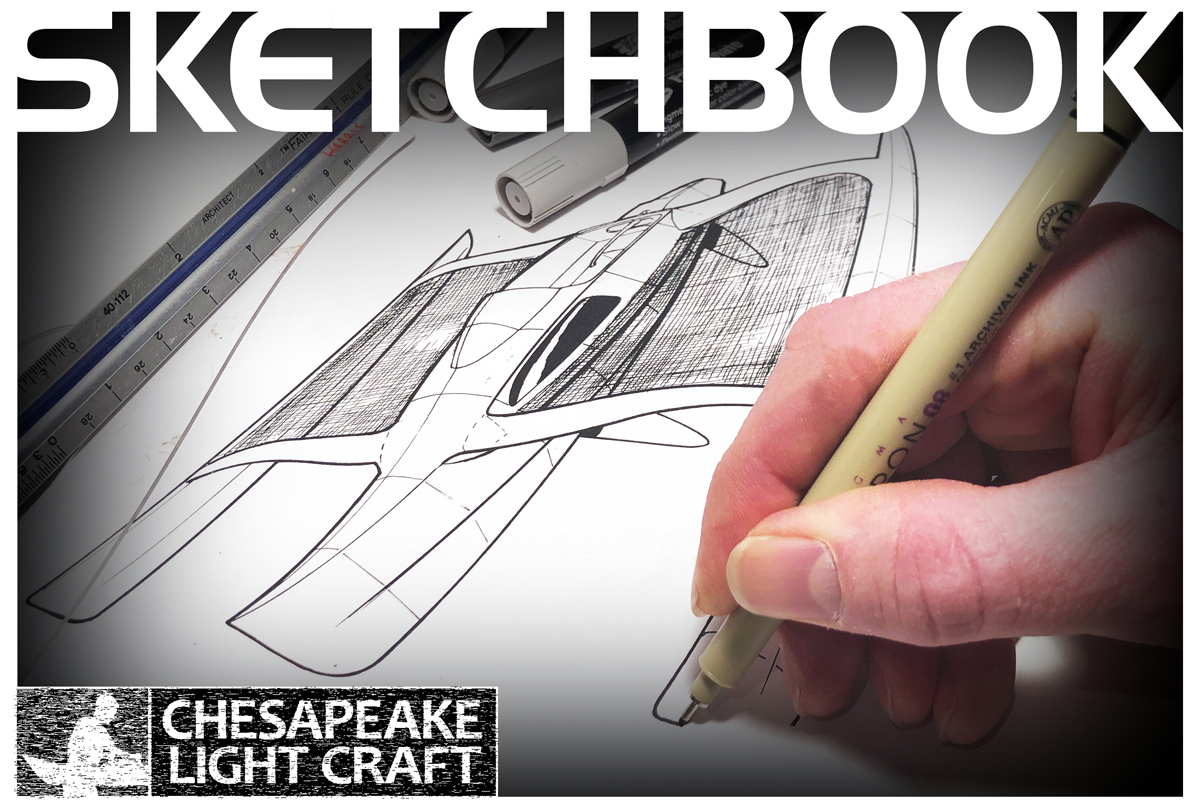Builders' Forum |
|
| ↓ Scroll to Last Comment ↓ | Forum Guidelines | Builders' Forum | |
Does anyone have any tips on how to keep your hands from sweating in the gloves? When I'm done doing some work on the boat and take my gloves off, a pool of sweat comes running out of the gloves and my hands are soaked. It doesn't effect my work, just kind of gross.
9 replies:
RE: Nitrile gloves
I mostly use a different kind of glove that works very well. They are cotton with about half of it dipped in a heavy coat of rubber that covers the finger tips and palm, but leaves back of the hand to breathe. They sell these at the hardware or gardening stores. I bought a pack of 12 prior to starting my annapolis wherry, and only use about half of them.
They are more expensive than the nitrile, but I use them easily a dozen times each when doing things like epoxy, sanding, varnishing. I hate to have wet hands when working, and I don't hardly get any with these, even if I wear 'em for 2 hours.
I wear these for garden work too.
Hickory
RE: Nitrile gloves
Those dipped gloves are great - right until you get something on the back of the glove. They'll wick up and store any liquid that spills in them, so you can end up with a soup of sweat and noxious chemicals on the backs of your hands. And, speaking of wicks, if any flammablie chemicals (alcohol, solvents, varnish, etc.) get on them, they're a fire hazard.
They are completely unsuitable for working with dangerous chemicals. They're good for sanding & gardening, though.
Laszlo
RE: Nitrile gloves
Good points Laszlo. It does take some care to avoid getting chemicals on the back of your hands- that is a risk. During my Wherry build I didn't have that happen even though I'm a bit sloppy and used them probably 80% of the time. But I did have a nitrile glove tear open on me- they're pretty fragile. That prompted me to switch to the dipped gloves. pick you risk, and take lots of care.
Hickory
RE: Nitrile gloves
Thin liner gloves can be worn under them, which do help with the sweaty feel. But wash them when you take them off, or the smell will catch up with ya.
RE: Nitrile gloves
In my line of work we double glove and change outer gloves every time we open a door, pick something up, move from one station to the next, or every 30 minutes which ever comes first. The introduction of Nitrile was a huge improvement in durability, comfort and allergen issues over latex. Nitrile is also much more chemically stable. I don't bother with the double gloves for boatbuilding, nor is it necessary to use them so extravagantly. In fact I reuse them until they tear or get so crusty I can no longer feel what I am doing. How do I do this? I invert them when I pull them off, then blow in the cuff to extend all of the fingers, and lay them on the wood stack or wherever to dry. The clean "hand" side is now on the outside. When dry and when any epoxy, varnish, whatever, on the other side has hardened up, I then invert them again by stuffing the fingers back in the cuff and blowing. I then add a spritz of baby powder to make them slide back on easily. Be careful where you use the baby powder as you probably do not want it in the boat. I can get five or six uses out of a glove this way. Of course if the glove is really gross I throw it out. Unfortunately, none of this prevents sweating.
RE: Nitrile gloves
I wear kitchen-type rubbler gloves (the kind that extend up your arm, more protection) with a pair of nitrile gloves over them for epoxy work. Then I toss the nitrile gloves and am left with relatively clean rubber gloves that I re-use. I buy the big box of nitrile gloves at Costco so I don't feel bad with the one-time use from a cost standpoint, but from a landfill standpoint it's probably not the best. It does reduce cross-contamination from my previous day's work though. If I'm doing fillet work I put two pairs of nitrile gloves on each hand, then toss the messy fillet-covered outside layer one and still have on a clean pair for subsequent clear resin work.
If your hands get sweaty, you could consider the double glove trick, but get a pair of cotton gloves that you wear underneath the nitrile gloves. They would soak up the sweat and the nitrile pair would keep the epoxy from soaking through. You would probably want to wash the cotton pair occasionally.
RE: Nitrile gloves
Put a folded paper towel under each cuff. It will allow some air in to keep your hands dry. Done it for years.
RE: Nitrile gloves
The gloves I've used from Lowes are too snug and my hands get sweaty with them. The gloves that CLC sells are looser on my hands and much more comfortable. Along with all of the good advice here, try a larger glove size to help with circulation.













RE: Nitrile gloves
» Submitted by Celeste - Thu, 6/21/12 » 8:31 PM
I work in gloves all day, and other then turning the thermostat down, I have never found a way. Even that does not work if I am working hard enough. Corn starch can absorbe a bit of it, but then you have to deal with the powder.